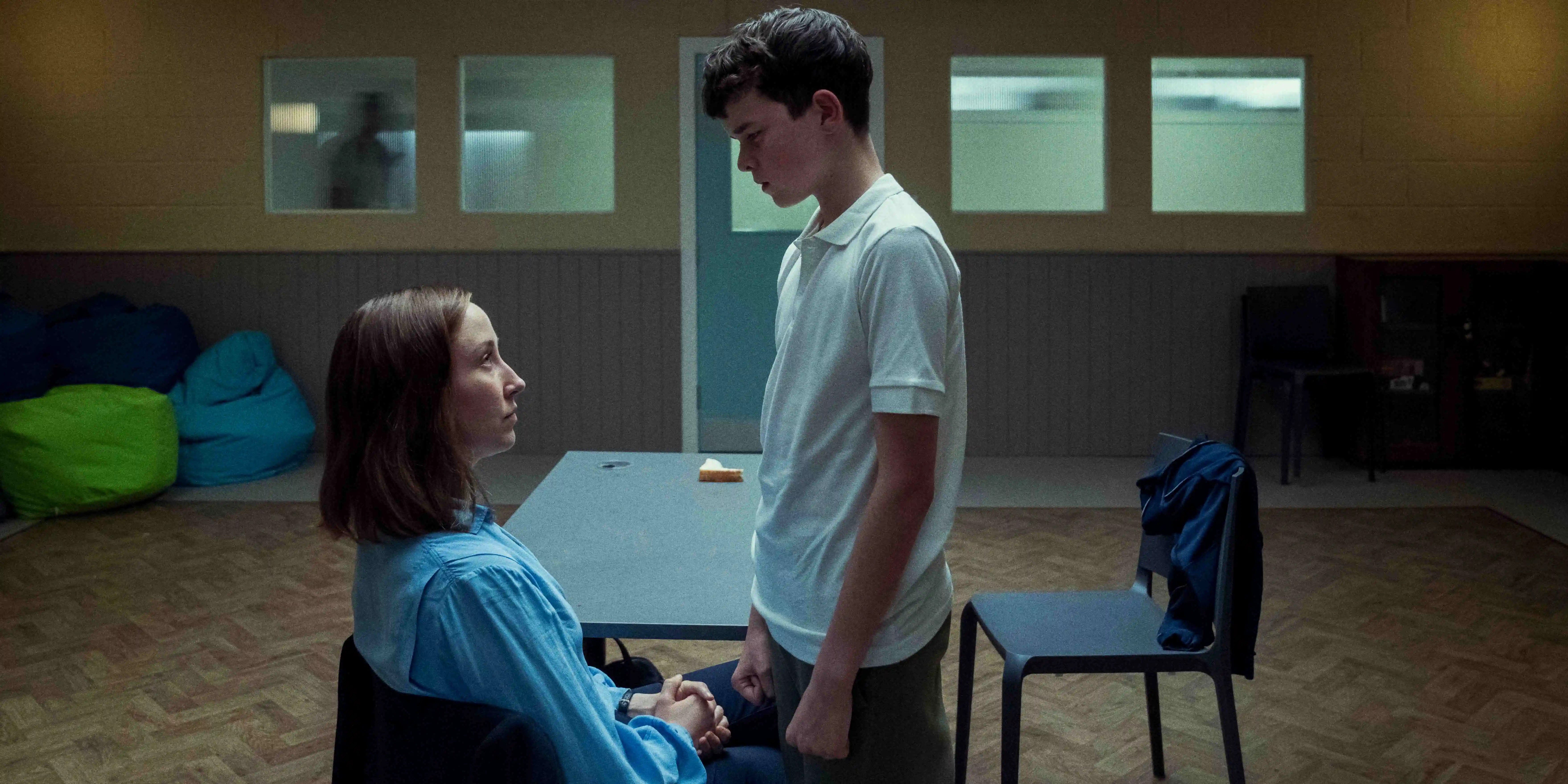Netflix’s ‘Adolescence’ stands as a groundbreaking addition to the platform. This four-part British crime drama series is uniquely presented through single-shot episodes, creating an immersive experience that mimics an anxiety attack unfolding in real time. Co-created by Jack Thorne and Stephen Graham, the series follows 13-year-old Jamie Miller, whose life unravels after his arrest for the murder of his classmate, Katie Leonard. As the investigation unfolds, disturbing truths emerge about Jamie’s influences, his troubled friendships, and the moral failures that led to him committing the gruesome crime.
The story navigates themes of youth radicalization, psychological trauma, media influence, and institutional negligence, leaving a lasting impact. While few shows tackle these subjects with such intensity, several others explore similar themes through distinct storytelling styles. With this in mind, we’ve compiled must-watch shows that echo the thematic essence of ‘Adolescence,’ each offering a unique yet equally powerful viewing experience.
10. Born to Kill (2017)
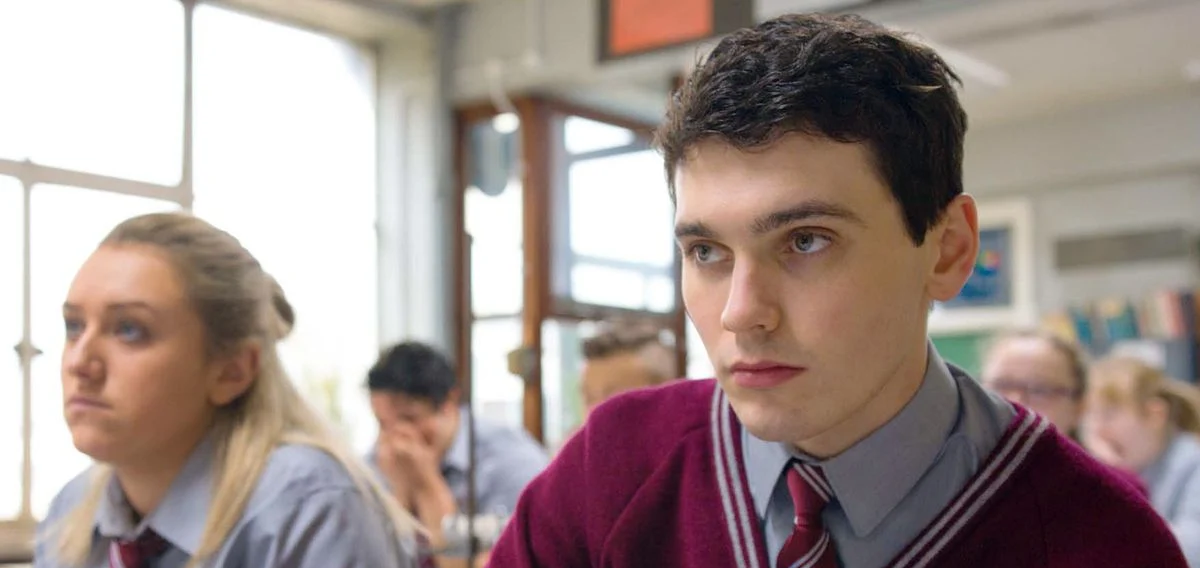
‘Born to Kill’ follows Sam (Jack Rowan), a seemingly normal teenager who harbors violent psychopathic tendencies. Raised by his overprotective mother, Jenny (Romola Garai), he hides his dark urges until they begin to surface, especially after forming a relationship with Chrissy (Lara Peake). As Sam’s violent impulses escalate, Jenny is forced to confront shocking truths about his past and the darkness he inherited. Like ‘Adolescence,’ ‘Born to Kill’ explores the unsettling psychology of a troubled teenager. While Jamie’s guilt remains uncertain, Sam’s descent into violence is clearer, yet both stories examine the fragile boundary between innocence and darkness. The mother-son dynamic in both shows adds emotional depth, highlighting parental denial and helplessness. Both also thrive on psychological tension, keeping viewers on edge as they question how far their protagonists will go before everything unravels.
9. Somewhere Boy (2022)

‘Somewhere Boy’ follows Danny (Lewis Gribben), a teenager who has spent his entire life locked away in a remote house by his father, Steve (Rory Keenan). Steve, traumatized by the death of Danny’s mother, convinces his son that the outside world is filled with monsters, keeping him sheltered from reality. When Danny is suddenly forced into the real world, he struggles to adjust, grappling with fear, confusion, and the loss of everything he has ever known. As he tries to make sense of his past, he navigates his new life with the help of his cousin Aaron (Samuel Bottomley), who has his own struggles with family and belonging. While Jamie in ‘Adolescence’ faces an interrogation that forces him to confront his own truth, Danny’s journey is more about unraveling the lies he was raised on. Both shows create an unsettling sense of tension, with the audience questioning how much their protagonists will be able to overcome their past. You can watch the show on Hulu.
8. Save Me (2018-)
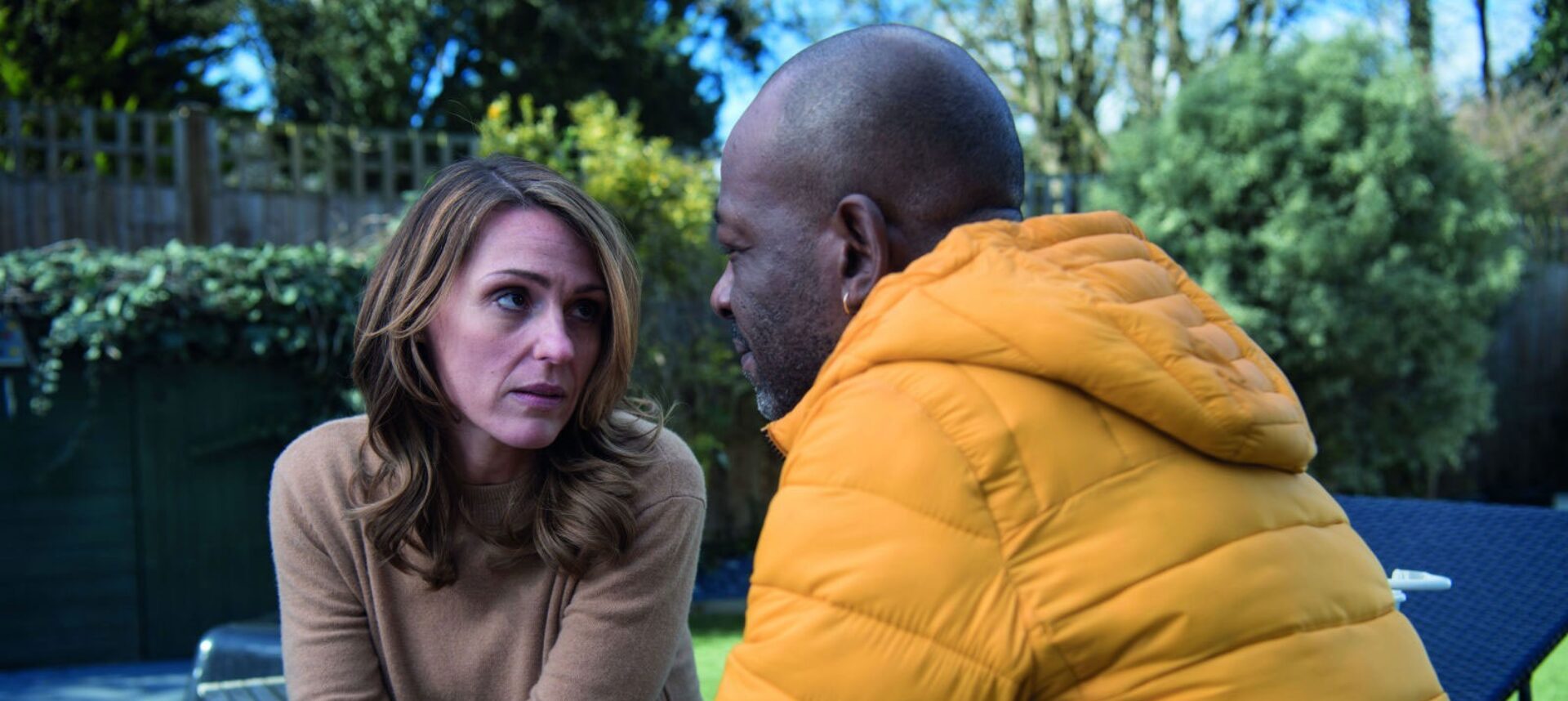
‘Save Me’ follows Nelly Rowe (Lennie James), a down-and-out Londoner whose life is turned upside down when his estranged 13-year-old daughter, Jody, goes missing. Though he has barely been a part of her life, he becomes the prime suspect in her disappearance. Determined to clear his name and find her, Nelly dives into the criminal underworld, uncovering dark secrets that force him to question everything he thought he knew about those around him. In a similar manner to ‘Adolescence,’ ‘Save Me’ thrives on ambiguity, particularly in how guilt and innocence are perceived.
Just as Jamie is subjected to an intense interrogation where the truth remains elusive, Nelly finds himself accused and struggling to prove his innocence. Both shows explore the failures of the justice system, the emotional toll of suspicion, and the desperation to uncover the truth. The psychological tension in ‘Save Me’ mirrors ‘Adolescence,’ keeping viewers on edge as they navigate a morally complex world where nothing is black and white.
7. Criminal: UK (2019-2020)
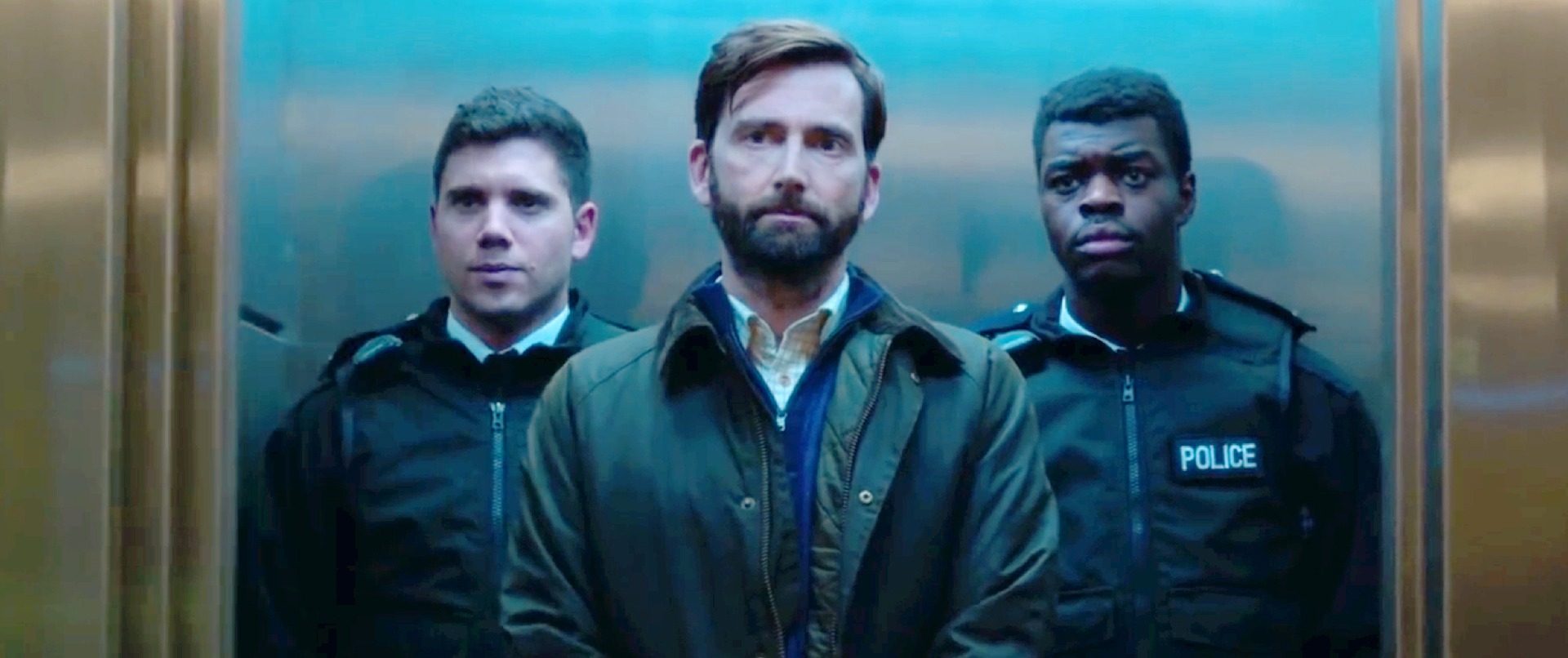
‘Criminal: UK’ is set entirely within an interrogation room, where detectives engage in high-stakes psychological battles with suspects, using strategic questioning and subtle manipulations to extract the truth. Each episode focuses on a single suspect—played by actors like David Tennant, Hayley Atwell, and Kit Harington—whose guilt or innocence remains uncertain until the final moments. The show’s real power lies in how it builds tension through shifting narratives, forcing both the detectives and the audience to reassess their assumptions.
The interrogation scenes in both shows feature the use of a confined setting that heightens the pressure, making every pause, contradiction, and hesitation significant. Jamie’s interrogation in ‘Adolescence’ plays out similarly to ‘Criminal: UK,’ where suspects manipulate, evade, or even break under scrutiny. Both series rely on minimalism and razor-sharp dialogue to create psychological tension, keeping viewers on edge as they question who is truly innocent. Check it out on Netflix.
6. Criminal Justice (2008-2009)

‘Criminal Justice’ follows Ben Coulter (Ben Whishaw), a young man who wakes up after a one-night stand to find the woman he was with brutally murdered. With no memory of the events and overwhelming evidence against him, Ben is arrested and thrust into the harsh realities of the legal system. As he endures intense police interrogations and the brutal prison environment, the show explores themes of justice, morality, and the dehumanizing effects of the system on those caught in it.
Just like ‘Adolescence,’ ‘Criminal Justice’ builds its tension around a crucial interrogation scene where Ben’s innocence remains unclear. Both shows place their protagonists in high-pressure situations, forcing the audience to question their guilt or innocence while revealing the biases and failures of the justice system. The psychological unraveling of Ben mirrors Jamie’s ordeal in ‘Adolescence,’ as both are forced to navigate a system that often assumes guilt before proving it.
5. Defending Jacob (2020)
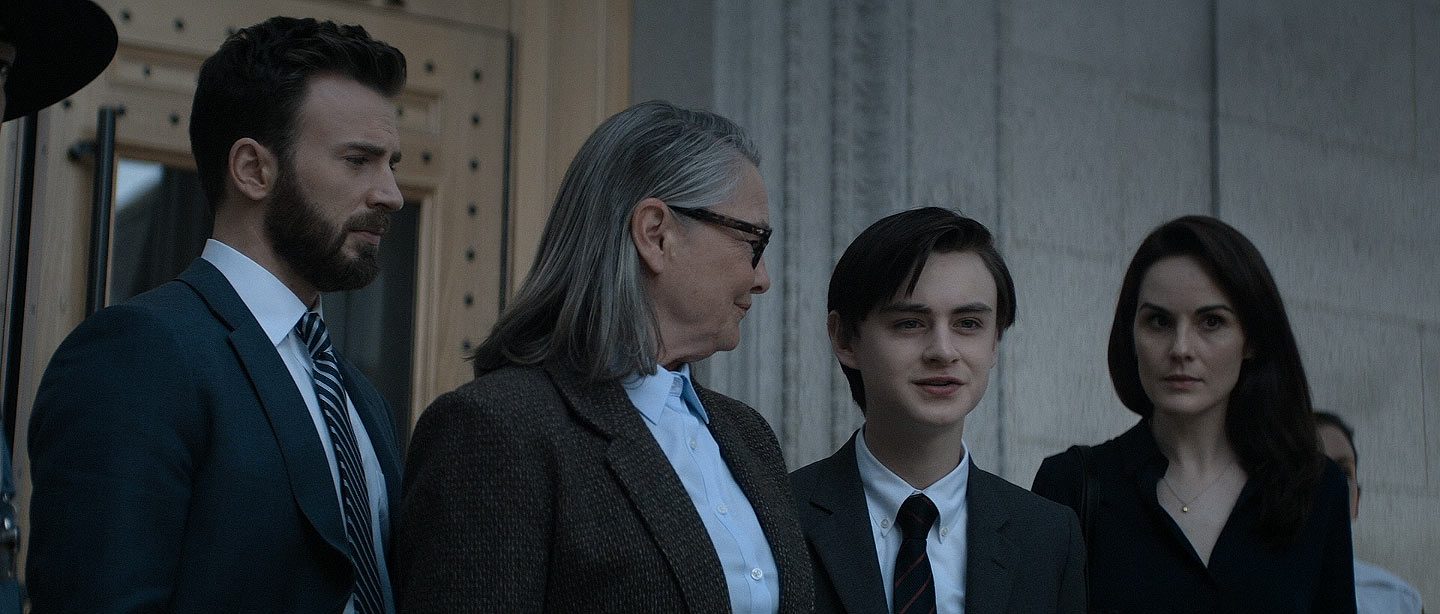
‘Defending Jacob’ follows Andy Barber (Chris Evans), an assistant district attorney whose world shatters when his 14-year-old son, Jacob (Jaeden Martell), is accused of murdering a classmate. As evidence piles up against Jacob, Andy and his wife Laurie (Michelle Dockery) struggle with the possibility that their son may be guilty. The series explores the emotional and psychological toll of suspicion, the lengths parents will go to protect their children, and whether violence can be inherited. Much like the first episode of ‘Adolescence,’ ‘Defending Jacob’ features a pivotal interrogation scene that leaves Jacob’s innocence in question.
His questioning is tense, with detectives using psychological pressure and inconsistencies in his statements to corner him—just as Jamie experiences in ‘Adolescence.’ Both shows rely on the ambiguity of their protagonists’ guilt, making the audience second-guess their assumptions at every turn. The claustrophobic intensity of the interrogation, paired with the emotional weight of the parents’ struggle, mirrors ‘Adolescence’ in its portrayal of justice as something murky and deeply personal. Give the show a try on Apple TV+.
4. Skins (2007-2013)

‘Skins’ follows a group of British teenagers as they navigate the highs and lows of adolescence, tackling issues such as mental health, substance abuse, dysfunctional families, and identity struggles. Each episode focuses on a different character, offering a raw and unfiltered look at their personal battles. The show’s realistic and often controversial approach to teenage life made it a defining series of its time. In the vein of ‘Adolescence,’ ‘Skins’ explores themes of isolation, trauma, and the impact of past experiences on young minds. Both shows refuse to romanticize teenage struggles, instead presenting an unflinching look at how young people cope with pain, whether through rebellion, detachment, or self-destruction. While ‘Skins’ is more episodic and character-driven, its emotionally charged storytelling and focus on troubled youth parallel ‘Adolescence’ in their exploration of adolescence as a chaotic, sometimes harrowing experience. Watch this classic show on Hulu.
3. Unbelievable (2019)
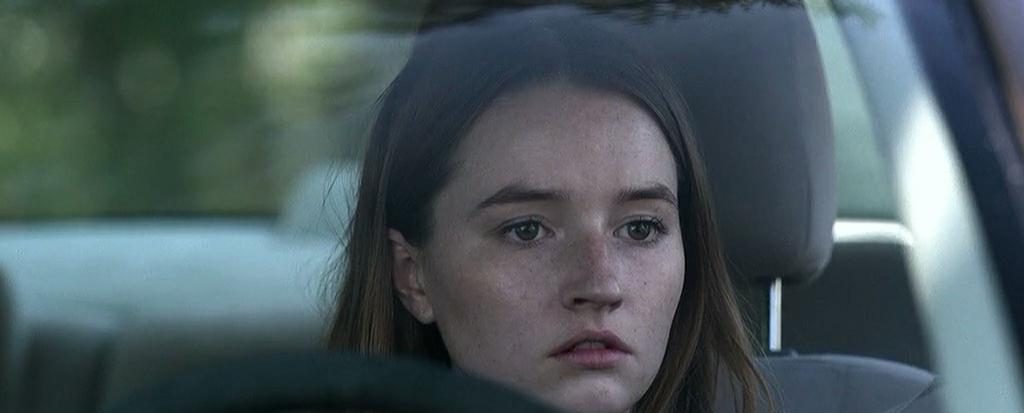
‘Unbelievable’ follows Marie Adler (Kaitlyn Dever), a young woman who reports being raped, only to be disbelieved by the police and accused of fabricating the assault. As she struggles with the trauma of not only the attack but also the systemic failures that revictimize her, two determined detectives, Grace Rasmussen (Toni Collette) and Karen Duvall (Merritt Wever), begin investigating a series of similar cases, uncovering the truth that was ignored in Marie’s case. The show is a harrowing look at victim blaming, the psychological impact of trauma, and the pursuit of justice.
Like ‘Adolescence,’ ‘Unbelievable’ features a crucial interrogation scene where the protagonist is subjected to intense questioning, with law enforcement officers subtly (and sometimes overtly) pressuring them to confess to something they may not have done. In both shows, the interrogation becomes a moment of deep psychological distress, forcing the audience to grapple with issues of power imbalance, truth, and institutional failure. Both series highlight how systems designed to deliver justice often fail the vulnerable, leaving them isolated and unheard. Watch this powerful show on Netflix.
2. The Night Of (2016)
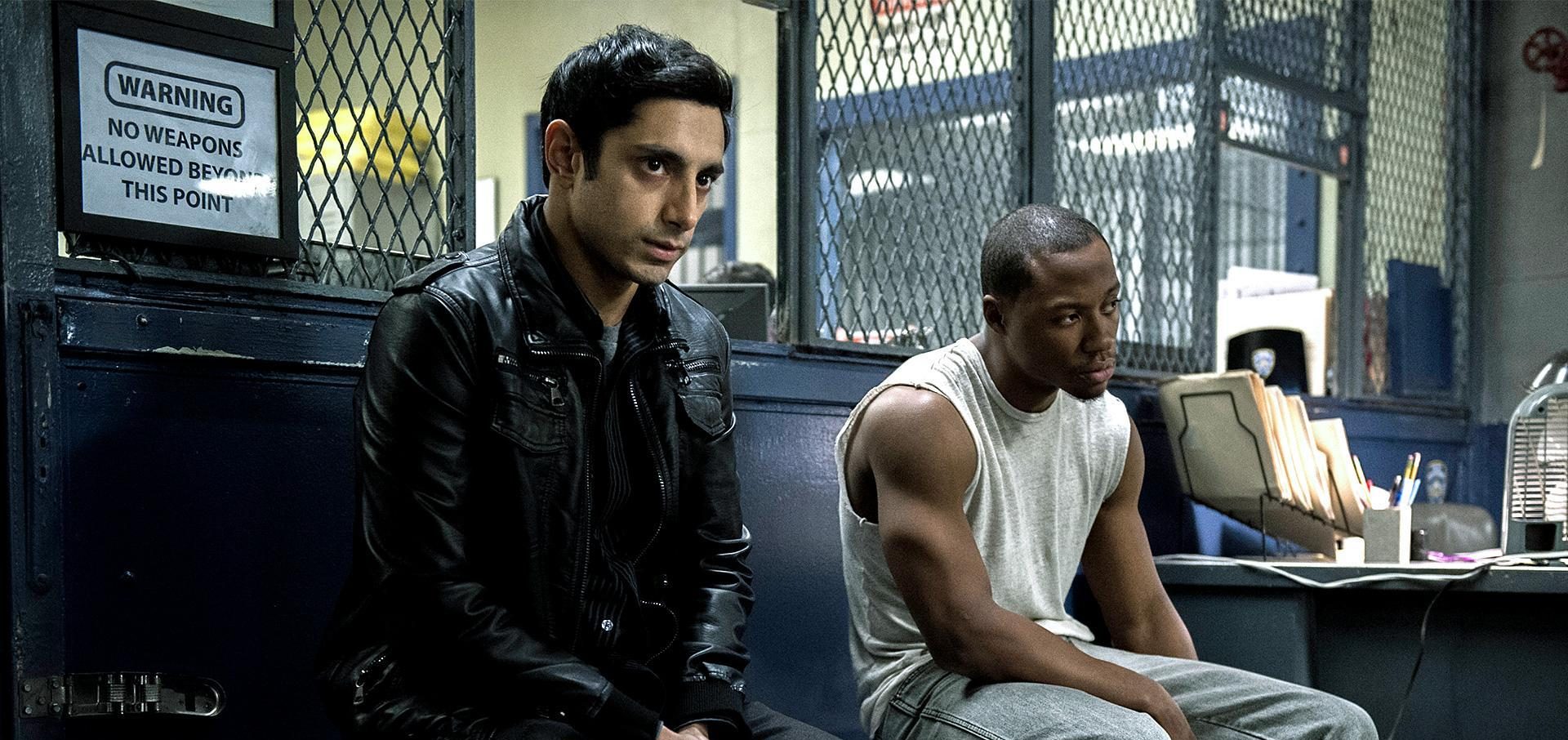
‘The Night Of’ follows Nasir “Naz” Khan (Riz Ahmed), a quiet college student whose life takes a devastating turn when he wakes up next to a murdered woman after a drug-fueled night. Arrested and thrown into the brutal New York legal system, Naz is subjected to relentless police interrogations, media scrutiny, and the corrupt realities of prison life. As his case unfolds, the show explores themes of racial bias, moral corruption, and the way the justice system shapes those trapped within it. Created by Richard Price and Steven Zaillian, ‘The Night Of’ features a crucial interrogation scene where Naz, disoriented and unsure of what happened, faces detectives determined to extract a confession.
Much like Jamie in ‘Adolescence,’ Naz’s innocence is ambiguous, and the show masterfully plays with perception, making the audience question the truth. Both series use these moments to highlight how interrogation tactics, combined with fear and confusion, can manipulate suspects and alter the course of their lives. The intense psychological pressure in both stories turns the questioning room into a battleground where justice is anything but clear-cut. This profound show is available on Max.
1. When They See Us (2019)
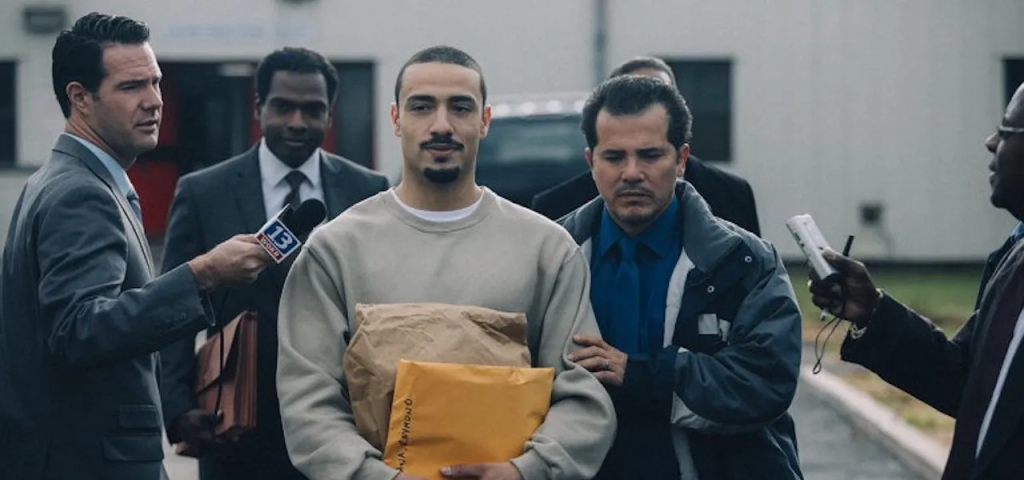
‘When They See Us’ tells the devastating true story of the Central Park Five, Antron McCray, Kevin Richardson, Yusef Salaam, Raymond Santana, and Korey Wise—five Black and Latino teenagers wrongfully accused of the brutal assault of a jogger in 1989. Created by Ava DuVernay, the series follows the boys from their coerced confessions to their wrongful convictions, exposing the deep racial injustice embedded in the American legal system. As they endure years of imprisonment and public vilification, the show captures the emotional and psychological toll of being labeled criminals while still being children.
More than any other show on this list, ‘When They See Us’ mirrors ‘Adolescence’ in its harrowing interrogation scenes. The first episode is a masterclass in psychological coercion, as the boys—frightened, alone, and manipulated—are interrogated without legal counsel and pushed into false confessions that seal their fate. Like Jamie in ‘Adolescence,’ they are caught in a system that presumes guilt first, stripping them of their voices and agency. The way both series handle these interrogations is chillingly similar, forcing the audience to confront the terrifying reality of how truth can be twisted under pressure. If ‘Adolescence’ is an anxiety attack stretched into a narrative, ‘When They See Us’ is a gut-wrenching reckoning with the cost of injustice. Stream it on Netflix.
Read More: Where Was Netflix’s Adolescence Filmed?

